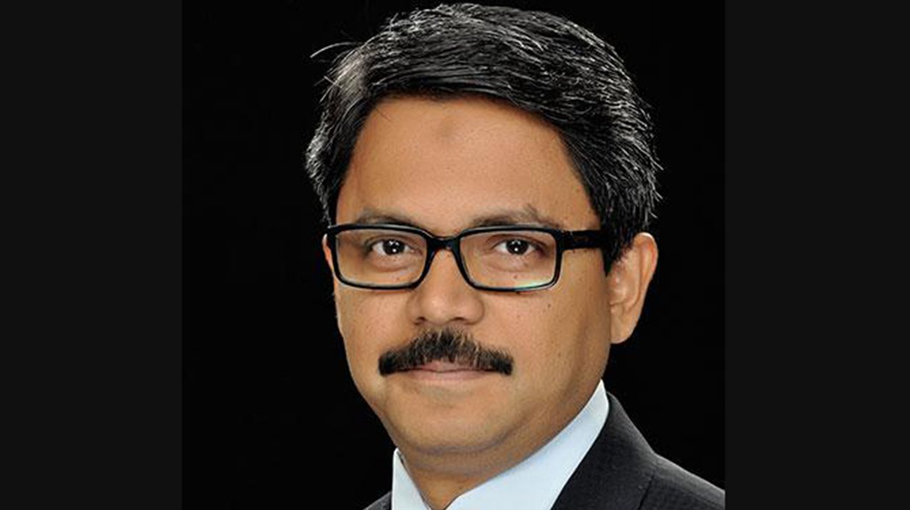Dhaka to seek explanation from US on HR report

State Minister for Foreign Affairs Md Shahriar Alam on Sunday said Dhaka would seek explanation from the US side regarding the finding of their Human Rights (HR) country report on Bangladesh as the government found it with ‘fundamental flaws’.
“We are yet to talk with them (US embassy here) … but it will be taken place (soon),” he told media at the foreign ministry on Sunday.
Alam said the foreign ministry had already requested the concerned ministries to provide them official data of the incidents those were mentioned in the US report.
“We are taking preparation ... working in details (before talking with the US side),” he added.
The junior minister said it is the responsibility of Bangladesh government to manage its domestic matters. “Bangladesh doesn’t expect any intervention from any side regarding its domestic matters,” he said.
Expressing his frustration regarding the US HR report on Bangladesh, Alam said, “Couples of things are wrong (in the report).”
He said there are some issues in the report like rights of LGBTQ those are not relevant to the history, culture and religious practice of Bangladesh. “Those are far away from reality in Bangladesh … we outrightly rejected those,” he added.
The state minister said he could not appreciate the quality of the US HR report as the data it used had got “fundamental flaws”.
Alam said that Dhaka would also seek the latest reports regarding homicide cases related to killing of some expatriate Bangladeshis in the US in recent years.
“It is Bangladesh government’s responsibility to look after the interest of its nationals at home or abroad,” he added.
Meanwhile, in a statement, the foreign ministry said the report "heavily underplayed" Bangladesh's existing system of accountability over law enforcement agencies while Dhaka remains "intensely engaged" with the UN mechanism and the US recommendations to protect human rights.
"The Report appears to encourage creating a society of lawlessness to destabilize the society and the Government," read the statement.
It added that the legal system of Bangladesh does not allow killing by arbitrary use of firearms.
The statement pointed that the death sentences to the 16 RAB officials in the Narayanganj seven-murder case and recent death sentences to two police officials in the Major Sinha murder case in Cox's Bazar are examples of accountability and non-impunity to law enforcers.
Saying that the sources of the report are questionable, the statement said, there are also few factual errors in the Report.
As an example, the ministry said, "though we do not endorse their information, the Ain o Salish Kendra (ASK) mentioned 275 extrajudicial killings in January-May 2018 period, while the US report wrongly cited ASK in mentioning that there were 606 extrajudicial killings in May-June 2018."
The statement, however, said the Bangladesh government does not deny the fact that there are indeed a lot of areas of development to ensure better protection and promotion of human rights, and Dhaka is continuing to make steady strides towards that end.
"The government remains intensely engaged with the UN human rights mechanism, and receptive of constructive recommendations from all international development partners, including the USA," said the standard.
Despite all challenges, it said, the Bangladesh government, for the sake of its own commitment made to the people, will continue its endeavors to improve the wellbeing and ensure the rights and dignity of its people.
"Bangladesh government is of the view that the tendency to impose values of a select few of other countries, like LGBT rights and same sex marriage in the name of human rights violations are regrettable and uncalled for," read the statement.
The ministry said Bangladesh is a country of more than 170 million people which is making enormous people-centric development with an ultimate aim of progressively ensuring all human rights of its people in quality terms.
The USA released "2021 Country Reports on Human Rights Practices" worldwide on April 13 saying that its State Department prepared the "fact-based" document in consultations with experts on workers' rights, police and security issues, women's issues, and other topics.




